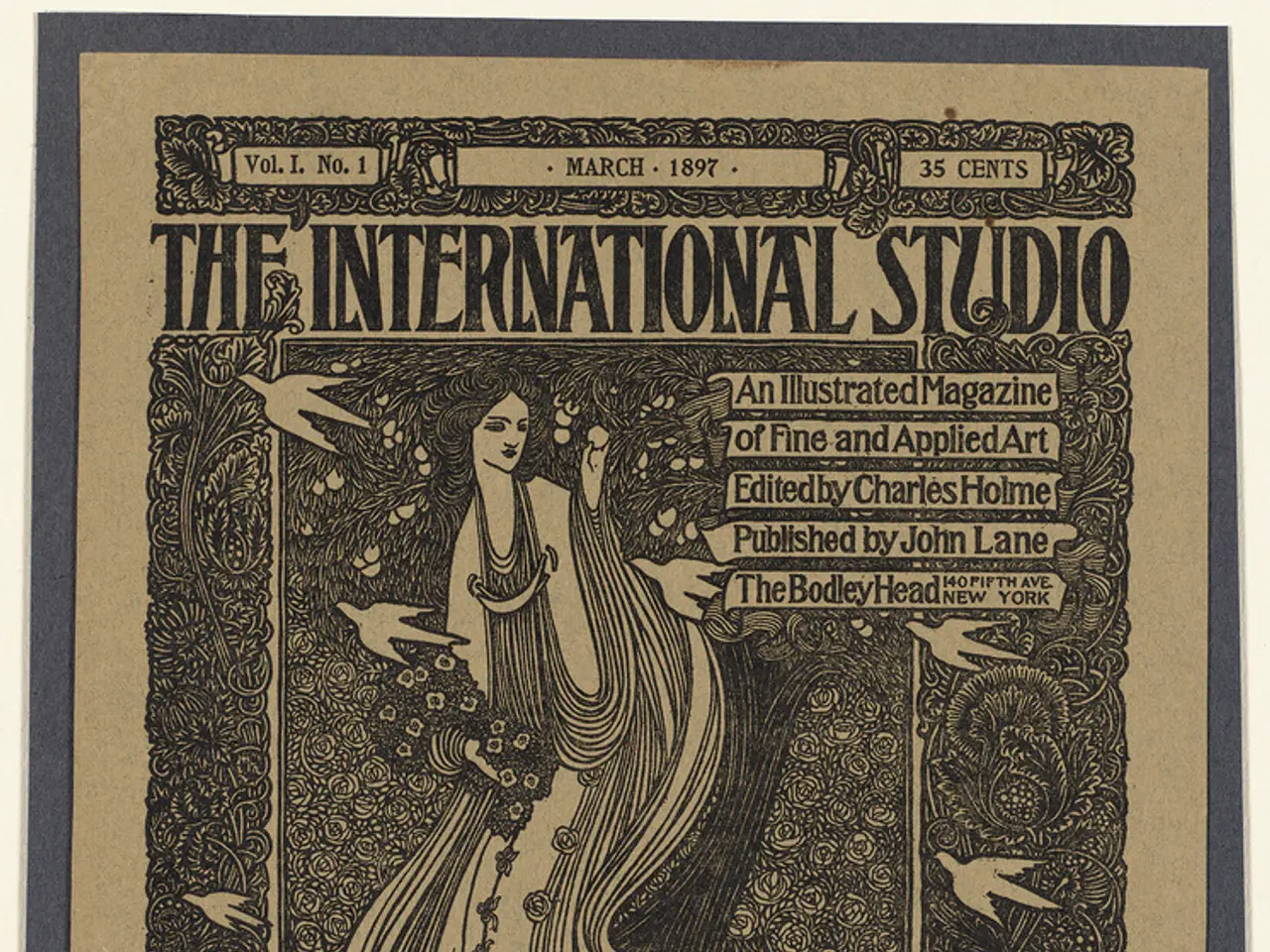report: A Comprehensive Analysis of Higher Education's Role in the Arts and Culture Sectors
Arts and Culture Industries in Higher Education Expansion
This report, issued by Creative PEC, delves into the critical role of higher education (HE) in supplying the necessary talent for the arts and culture industries. The research investigates the correlation between HE study choices and subsequent employment for recent graduates, a topic currently under intense scrutiny in academia, media, and public policy discussions.
The report offers valuable insights into the professional realities faced by arts and culture students as they embark on their careers, focusing on the practical aspects of job markets within the arts and cultural sectors. This report marks the first time self-assessed job quality has been gathered from creative graduates.
The research indicates the need for innovative thinking regarding the data required for a more holistic assessment of HE's contributions to the creative economy. Recognizing the unique features of creative labor markets, the report suggests a shift beyond the restrictive and defensive debates that have characterized recent years.
Key findings:
- Arts and culture graduates are more likely to report using the skills they learned during their studies in their current jobs.
- 9.5% of all students were registered for arts and culture degrees during the research period.
- Arts and culture graduates working outside their respective sectors are less likely to find their work meaningful and significant.
- Fewer than half of graduates working in art, music, and drama are in full-time positions, suggesting they may focus on developing their creative practice as well.
The report highlights the ongoing challenges faced by arts and culture graduates, while also emphasizing the importance of considering multiple dimensions of graduate destinations rather than solely focusing on graduate earnings, as UK policymakers have in recent years.
Creative PEC will organize an expert roundtable in the coming weeks, bringing together key figures from government, academia, industry, and the higher education sectors to discuss a potential research agenda for assessing the value of creative degrees. Subscribe to our newsletter for updates on these events.
State of the Nations Reports:
The Creative PEC's State of the Nations series offers data-driven, thematic analyses of the creative industries across the entirety of the United Kingdom. The reports cover all four nations and regions and will be published biannually over a five-year period, with a focus on four themes:1. R&D, Innovation, and Clusters2. Internationalization3. Arts, Culture, and Heritage4. Education, Skills, and Talents
This report was written collaboratively by the University of Sheffield and the University of Manchester, with contributions from Dr Siobhan McAndrew, Dr Mark Taylor, Dr Ruoxi Wang, and Professor Dave O'Brien.
For citations, please refer to McAndrew, O'Brien, Taylor, and Wang (2023).
The report was designed by Mike Green at Green Doe.
Authors:
- Dr Siobhan McAndrew (Senior Lecturer in Politics, Philosophy, and Economics, University of Sheffield)
- Dr Mark Taylor (Senior Lecturer in Quantitative Methods, University of Sheffield)
- Dr Ruoxi Wang (Research Associate, University of Sheffield)
- Professor Dave O'Brien (Professor of Cultural and Creative Industries, University of Manchester)
For more articles, visit our website.
- The critical role of higher education (HE) in supplying talent for the arts and culture industries is thoroughly examined in this report by Creative PEC.
- The research presented in the report investigates the correlation between HE study choices and subsequent employment for recent graduates.
- The report gathers self-assessed job quality from creative graduates for the first time, offering valuable insights into the professional realities faced by arts and culture students.
- The report indicates that arts and culture graduates are more likely to use the skills they learned during their studies in their current jobs.
- Fewer than half of graduates working in art, music, and drama are in full-time positions, suggesting they may focus on developing their creative practice.
- The report underscores the importance of considering multiple dimensions of graduate destinations, rather than solely focusing on graduate earnings, as is common in UK policymaking.
- Creative PEC will soon organize an expert roundtable to discuss a potential research agenda for assessing the value of creative degrees, involving key figures from government, academia, industry, and the higher education sectors.
- The Creative PEC's State of the Nations series, published biannually over a five-year period, focuses on four themes: R&D, Innovation, and Clusters, Internationalization, Arts, Culture, and Heritage, and Education, Skills, and Talents, offering data-driven analyses of the creative industries across the entire United Kingdom.




